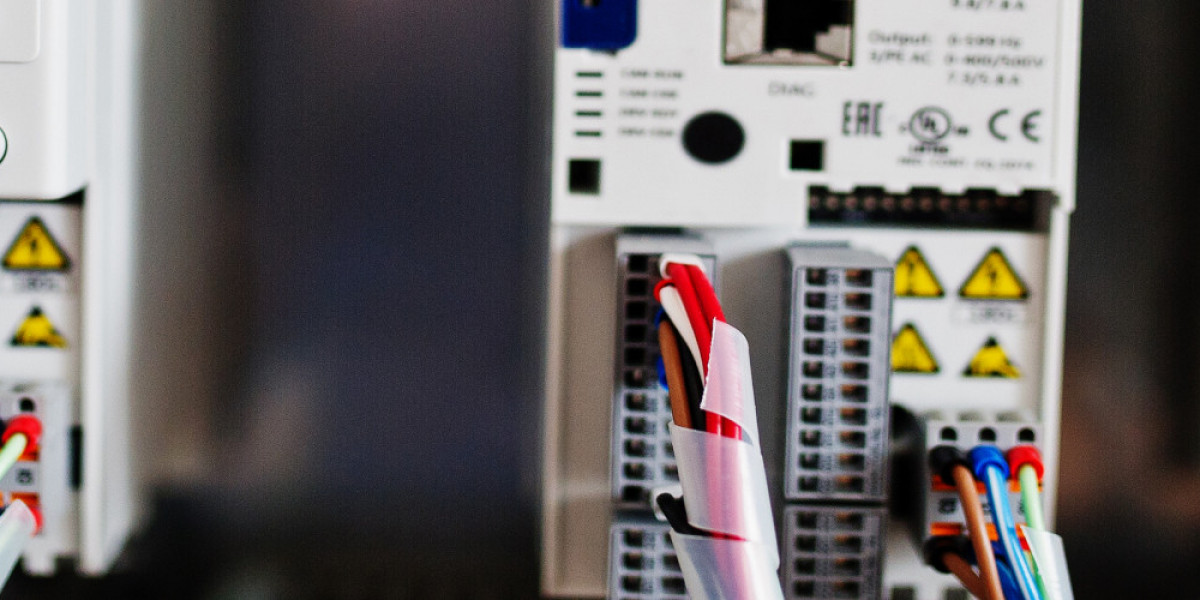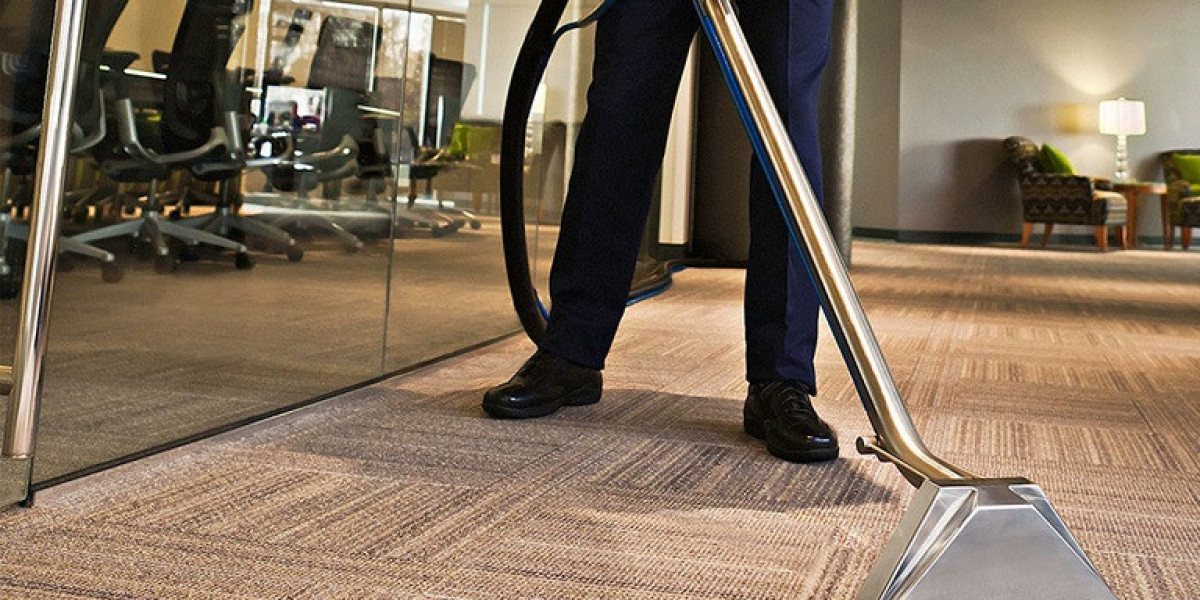In the complex world of modern commercial buildings and industrial facilities, electric motors are the unsung heroes, powering everything from massive HVAC systems that ensure occupant comfort to critical machinery on a production line.
What are MCC Panels?
A Motor Control Center (MCC) is a modular, floor-mounted assembly of one or more enclosed sections that have a common power bus and principally contain motor control units. These units can include a combination of starters (Direct-On-Line, Star-Delta, Soft Starters, VFDs), protection devices (circuit breakers, fuses, overload relays), disconnect switches, and control components (PLCs, relays, pilot devices).
Essentially, an MCC panel provides a consolidated and organized location to:
- Start and Stop Motors: Provide the means to initiate and halt motor operation.
- Protect Motors: Safeguard motors from overloads, short circuits, phase loss, and other electrical faults.
- Control Motor Speed and Torque: Incorporate devices like Variable Frequency Drives (VFDs) or soft starters for sophisticated motor control.
- Isolate Power: Allow for safe isolation of individual motor circuits for maintenance.
- Monitor Motor Performance: Integrate metering and diagnostic tools.
MCCs are designed for robustness, safety, and ease of maintenance, making them indispensable in environments where numerous electric motors need to be controlled and managed effectively.
The Critical Role of MCC Panels in HVAC Systems
Heating, Ventilation, and Air Conditioning (HVAC) systems in commercial buildings, hospitals, data centers, and large residential complexes rely heavily on a multitude of motors. These include motors for:
- Chillers and Boilers: The heart of many HVAC systems.
- Pumps: Circulating hot and chilled water, condenser water, etc.
- Air Handling Units (AHUs): Fans for circulating conditioned air.
- Exhaust Fans: Removing stale air.
- Cooling Tower Fans: Dissipating heat in water-cooled systems.
MCC panels bring significant advantages to HVAC operations:
- Centralized Control: Instead of having individual starters and controls scattered throughout a mechanical room, an MCC consolidates them into one or more adjacent cubicles. This simplifies operation, monitoring, and troubleshooting.
- Enhanced Safety: MCCs are designed with safety as a priority. Features like interlocked doors (preventing access to live parts unless isolated), arc flash mitigation designs, proper grounding, and clear separation of power and control circuits enhance personnel safety during operation and maintenance.
- Space Efficiency: By grouping motor starters and controls, MCCs optimize the use of valuable plant room space.
- Simplified Installation and Wiring: Factory-assembled and tested MCCs reduce on-site installation time and wiring complexity compared to individual component installations.
- Ease of Maintenance and Troubleshooting: The modular design of MCCs, often featuring withdrawable starter units, allows for quick replacement or repair of faulty components, minimizing downtime. Centralized diagnostics also speed up troubleshooting.
- Scalability and Flexibility: MCCs can be designed with spare compartments or space for future expansion, allowing the system to adapt to changing needs.
- Integration with Building Management Systems (BMS): Modern MCCs can easily integrate with BMS via communication protocols (like Modbus, BACnet, Ethernet/IP), enabling remote monitoring, control, and energy management of HVAC motors.
MCC Panels in Broader Industrial Systems
Beyond HVAC, MCC panels are fundamental to almost every industrial sector, including:
- Manufacturing: Controlling motors for conveyors, machine tools, mixers, presses, and robotic systems.
- Water and Wastewater Treatment: Managing pumps, aerators, mixers, and dewatering equipment.
- Oil and Gas: Powering pumps, compressors, and drilling equipment.
- Mining and Minerals: Operating crushers, grinders, conveyors, and ventilation fans.
- Pulp and Paper: Driving paper machines, refiners, and pumps.
- Food and Beverage: Controlling motors in processing lines, packaging machinery, and refrigeration systems.
In these diverse industrial settings, MCCs offer the same core benefits of centralized control, safety, reliability, and maintainability, tailored to the specific demands and harsh environments often encountered.
Key Components Contributing to Reliability
The reliability of an MCC panel stems from the quality and proper application of its components:
- Main Incoming Circuit Breaker/Isolator: Provides overall protection and isolation for the entire MCC.
- Busbar System: Robust copper or aluminumbusbars distribute power safely to individual motor starter units.
- Motor Starters:
- Direct-On-Line (DOL) Starters: For simple start/stop of smaller motors.
- Star-Delta Starters: For reduced starting current in larger motors.
- Soft Starters: Provide smooth acceleration and deceleration, reducing mechanical stress.
- Variable Frequency Drives (VFDs): Offer precise speed control, energy savings, and advanced motor protection.
- Overload Relays: Protect motors from sustained overcurrents that can cause overheating and damage.
- Short Circuit Protection Devices: Fuses or circuit breakers in each starter unit to protect against high fault currents.
- Control Transformers: Provide low-voltage power for control circuits.
- Pilot Devices: Pushbuttons, selector switches, and indicator lights for local control and status indication.
- Programmable Logic Controllers (PLCs): Often integrated for automated control sequences, interlocks, and communication.
Conclusion: The Unseen Powerhouse
Motor Control Center panels are the unseen powerhouses that ensure the smooth, safe, and reliable operation of countless motors that drive our modern world. Whether it's maintaining comfortable temperatures in a skyscraper through a complex HVAC system or keeping a manufacturing plant productive, MCCs provide the essential framework for motor management.
Top Factors Electrical Contractors Should Consider When Selecting Suppliers
Finding Reliable Electrical Product Solutions: A Guide for Contractors













